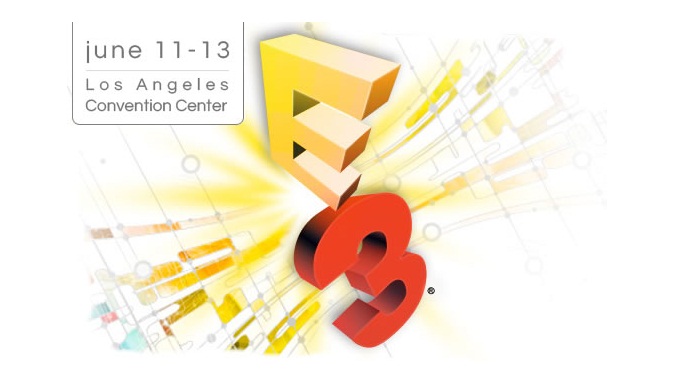The state of the Electronic Entertainment Expo (E3) is questioned every year and is often used as a barometer to the health of the AAA gaming industry itself. Entertainment Software Association senior vice president of communications and industry affairs Rich Taylor is used to these issues after six years, but to him the response for the show speaks for itself.
“It’s interesting. I’ve been at ESA now for six years, and that question has come up pretty much every year,” Taylor said. “I think the show answers the question itself both through the level of attendance and participation, from the news that comes out of it, and it remains extraordinarily… not just relevant, but vital to the industry, and vital to those who want to share news through the billions of impressions that come out of it. When we convene this show, all the attendant eyeballs and ears are pointed toward Los Angeles to see the news that comes out.”
“Right now, the overwhelming finding is where we are now is a really positive sweet spot,” Taylor added. “Folks feel good about the room they have for their exhibit space, meeting room options, the number of attendees is still large enough to get all the principal folks that people hope to encounter during the show into the LACC, but also not so overwhelming that you can’t actually play and experience the games themselves, which is of course a key part of the show… I think people really are fairly thrilled about what we have now and the model we have now, the size we have now, the timing we have now. That seems to be where the model will sit for the foreseeable future.”

Taylor notes that they are committed to running E3 out of the Los Angeles Convention Center through 2016. This follows setbacks to the nearby planned construction of an NFL football stadium and assurances from the LACC and AEG to minimize any impact on E3 should the stadium be constructed.
Future E3 events should have more coverage of the mobile sector, a growing part of the gaming industry. The Online Mobile Gaming Pavilion will be dedicated to handheld devices, which Taylor describes as something that will be “more conducive to the experience of playing those games.”
Source: GamesIndustry.biz

